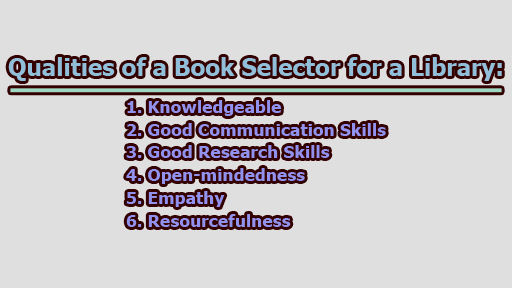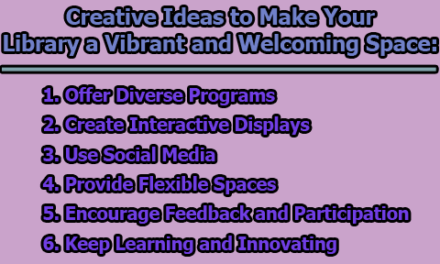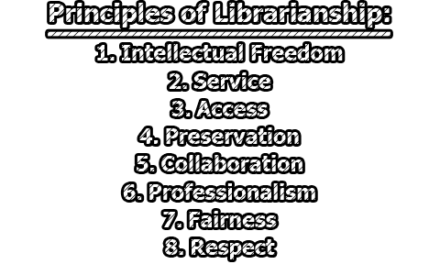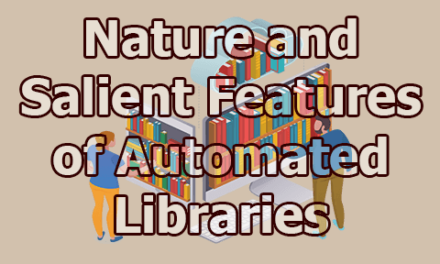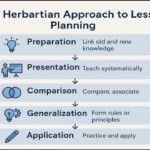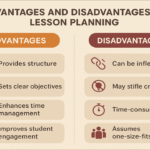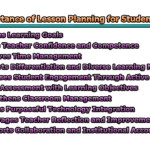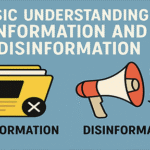Qualities of a Book Selector for a Library:
Libraries have always been a sanctuary for book lovers, offering a vast array of literary treasures to explore and savor. However, with the sheer multitude of books available, finding the perfect read can be a daunting task. This is where a quality book selector proves to be an invaluable asset. Acting as the guiding force behind a library’s collection, a book selector plays a pivotal role in ensuring that patrons discover books that captivate their imagination and intellect. In this article, we will delve into the essential qualities selector for a library.
1. Knowledgeable: A book selector must possess a deep and diverse understanding of various literary genres and styles. They are well-versed in the latest releases, contemporary bestsellers, and enduring classics. By having a comprehensive grasp of different topics and themes, they can aptly recommend books that align perfectly with the readers’ interests. Whether it’s a thrilling mystery, a thought-provoking non-fiction work, or a heartwarming romance, a knowledgeable book selector will curate a diverse collection that caters to every reader’s tastes.
2. Good Communication Skills: The ability to effectively communicate with library patrons is a hallmark of a skilled book selector. They actively listen to readers, patiently understanding their preferences, reading habits, and aspirations. By asking insightful questions, they can pinpoint precisely what each individual seeks in a book. Armed with this knowledge, the book selector can provide tailored recommendations, sparking the reader’s enthusiasm and fostering a deep connection with the literature.
3. Good Research Skills: Beyond the confines of the library’s shelves, a quality book selector explores the literary landscape with zeal. They employ strong research skills to discover new and emerging authors, fresh perspectives, and hidden literary gems. Staying up-to-date with the latest trends in literature, they constantly expand the library’s collection, making it an ever-evolving repository of knowledge and creativity.
4. Open-mindedness: A quality book selector embraces a diverse range of literary works without bias or prejudice. They recognize the inherent value in various genres and authors, appreciating the unique insights and perspectives each offers. By presenting readers with a wide array of choices, including those that challenge conventional beliefs, the book selector fosters a culture of intellectual curiosity and inclusivity.
5. Empathy: The heart of a book selector beats with empathy, enabling them to connect with readers on a personal level. They not only understand readers’ literary tastes but also empathize with their emotions, desires, and struggles. Armed with this understanding, the book selector recommends books that resonate with the readers’ experiences, fostering a deep sense of companionship between the reader and the written word.
6. Resourcefulness: A book selector is a treasure trove of information, well-equipped to guide readers through their literary quests. They provide additional resources, such as book reviews, reading lists, and recommendations from fellow readers, enriching the reading experience. Moreover, their profound familiarity with the library’s collection allows them to locate even the most obscure titles, ensuring that no gem remains hidden from the curious eye.
A good book selector should also be able to provide additional resources, such as book reviews and recommendations from other readers. They should be knowledgeable about the library’s collection and be able to locate books that may not be easily found.
The book selector can effectively, systematically, and intelligently perform the job of book selection if he is equipped with the following qualities:
- With an open mind, the book selector must study the needs, demands, and opinions of the community of readers served by the library.
- He should be sympathetic and keenly interested in meeting the readers’ reading tastes.
- He should have a high professional qualification and intensive and extensive training in library techniques.
- He should be a lover of books.
- He should be broad-minded and select books with tolerance.
- He should have complete knowledge and detailed information about all the currently published titles.
- He should have detailed knowledge of each writer’s work and its value.
- He should know all the publishers’ specialties, characteristics, and good and bad points.
- He should also know what type of subject books a particular publisher publishes.
- He should have insight, intelligence, and skill in book selection work. He should have rich experience enabling him to evaluate or judge books suitable to different types of readers.
- The book selector should also have the knowledge or reputation of newly emerging authors.
- His urge should be to learn and know new things.
- He should be impartial and free from bias.
- He should present the reading interest and requirements of all individuals or groups.
- The book selector should be resourceful, have a good memory, have clear thinking, tactfulness, astute judgment power, proper selection, and be industrious.
In conclusion, a quality book selector serves as the backbone of a library, elevating the reading experience for its patrons to new heights. Their possession of essential qualities, such as being knowledgeable, communicative, research-oriented, open-minded, empathetic, and resourceful, make them invaluable contributors to the library’s success.
By bridging the gap between readers and the vast literary landscape, a book selector empowers individuals to embark on profound journeys of knowledge and imagination. Their dedication to keeping the library’s collection current, diverse, and relevant ensures that it remains a cherished resource for the community it serves.
So, the next time you visit your local library, do not hesitate to seek the guidance of a book selector. With their passion for books and commitment to enriching your reading experience, they will be delighted to help you discover your next literary adventure. Embrace the guidance of these unsung heroes of the library and let them open the doors to worlds of wonder and enlightenment through the magic of literature.
Frequently Asked Questions [FAQs]:
What is the role of a book selector in a library?
A book selector in a library plays a crucial role in curating and maintaining the library’s collection. They identify gaps in the collection and select books that will fill those gaps, ensuring that the library offers a diverse and relevant selection of books for its patrons. Additionally, book selectors also weed out books that are no longer popular or relevant, keeping the collection fresh and up-to-date.
How does a book selector help library patrons find the books they want?
Book selectors work closely with library patrons to understand their reading preferences and interests. By engaging in conversations and asking relevant questions, they can identify the type of books that would appeal to each individual. Armed with this knowledge, the book selector recommends books that align with the reader’s tastes, ensuring a fulfilling and enjoyable reading experience.
What is the importance of an up-to-date and relevant library collection?
An up-to-date and relevant library collection is crucial to meet the evolving needs and interests of library patrons. It ensures that the library remains a valuable resource for the community by providing access to current and engaging literature. By staying current with the latest trends, the library can attract more readers and foster a culture of lifelong learning and exploration.
How does a book selector contribute to diversity in a library’s collection?
A book selector’s open-mindedness and understanding of diverse genres and authors enable them to include a wide range of perspectives and voices in the library’s collection. By selecting books from various cultures, backgrounds, and viewpoints, the book selector promotes diversity and inclusivity, enriching the reading experience for all patrons.
Can a book selector help with finding books suitable for different age groups and reading levels?
Yes, a skilled book selector is well-equipped to recommend books appropriate for different age groups and reading levels. They consider factors such as reading complexity, content suitability, and age-appropriate themes to provide tailored book recommendations for children, young adults, and adult readers alike.
How can library patrons approach a book selector for assistance?
Library patrons can approach a book selector by simply visiting the library and asking for help at the information or reference desk. The book selector will be eager to listen to the reader’s interests and preferences, offering personalized book recommendations that align with their reading tastes.
What additional resources can a book selector provide to enhance the reading experience?
In addition to book recommendations, a book selector can provide various resources to enrich the reading experience. These may include book reviews, reading guides, thematic book lists, author biographies, and recommendations from other readers who enjoyed similar books.
How does a book selector contribute to maintaining the library’s collection?
The book selector continuously evaluates the library’s collection to ensure its relevance and popularity. By weeding out books that are no longer in demand or are outdated, the book selector helps maintain a fresh and vibrant collection, making space for new and exciting additions to cater to patrons’ changing interests.
What are some of the benefits of seeking assistance from a book selector?
Seeking assistance from a book selector offers several benefits, such as discovering new and captivating books that align with your interests, exploring diverse genres and perspectives, saving time by finding books efficiently, and gaining access to additional resources that enhance the overall reading experience.

Assistant Teacher at Zinzira Pir Mohammad Pilot School and College

